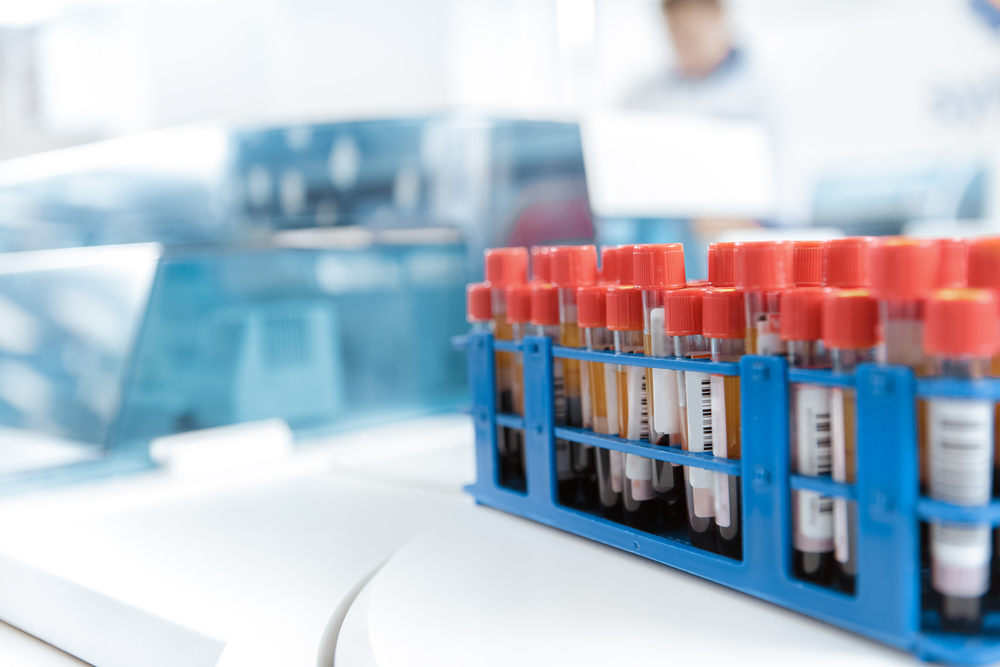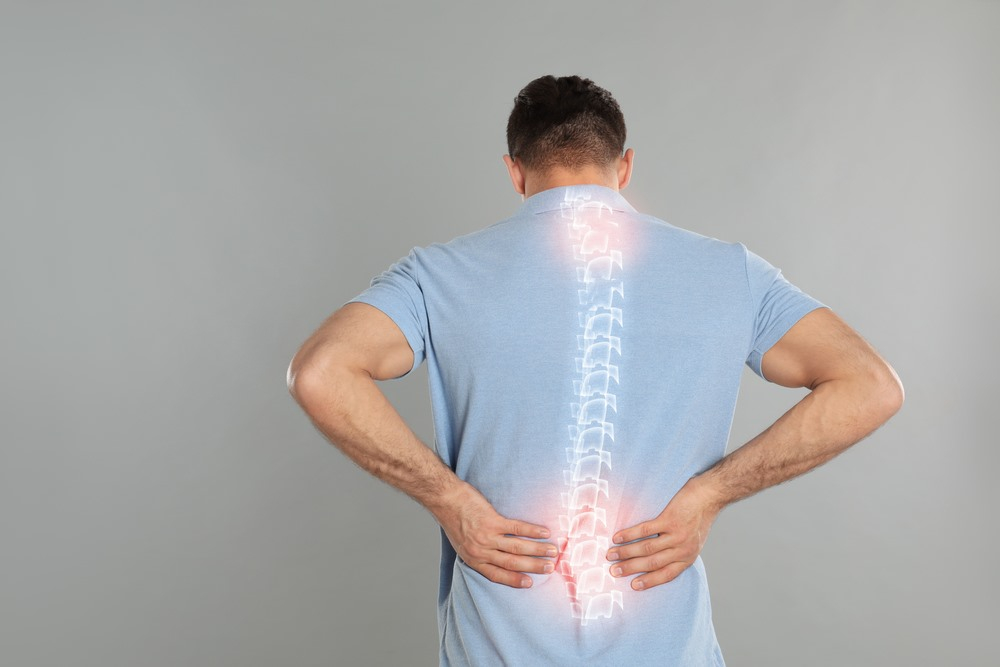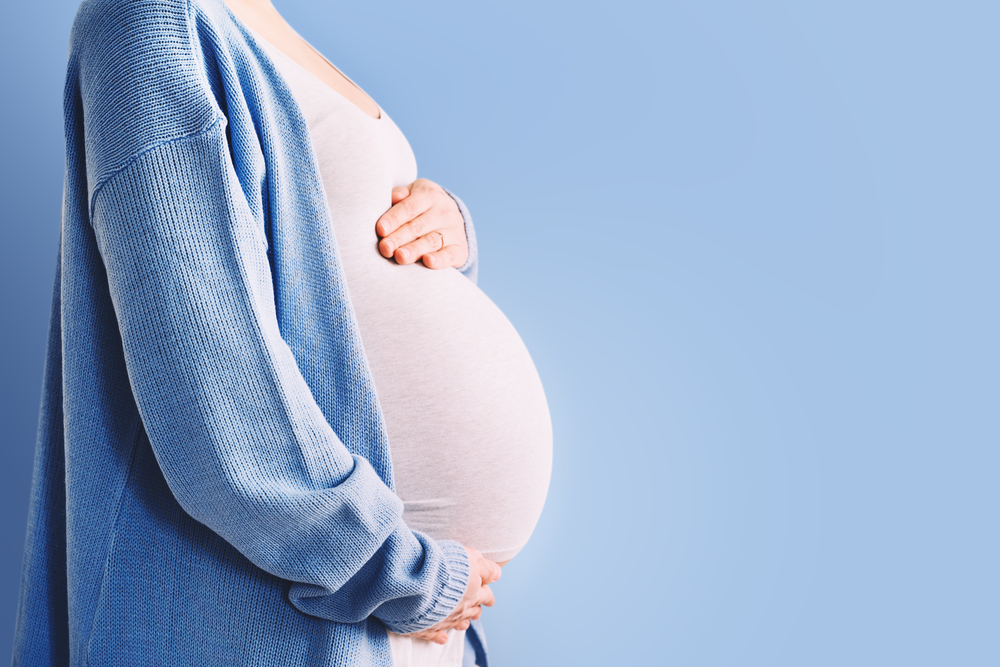Which vitamin deficiency causes hair loss?

In the journey towards luscious locks, the role of essential nutrients cannot be overstated. Among these, vitamins play a crucial role in maintaining the health and vitality of our hair. However, deficiencies in certain vitamins can lead to hair loss, causing distress and frustration for many. In this comprehensive guide, we delve into the world of vitamin deficiency-related hair loss, shedding light on its causes, symptoms, and effective prevention strategies.
What is Vitamin Deficiency?
Vitamins are organic compounds that are essential for various bodily functions, including hair growth and maintenance. They play a vital role in cellular processes, helping to keep our bodies functioning optimally. When we lack an adequate amount of vitamins in our diet, it can lead to deficiencies, impacting our overall health and, in some cases, causing hair loss.
Which Vitamin Deficiencies Cause Hair Loss?
Several vitamins are closely linked to hair health, and deficiencies in these nutrients can contribute to hair loss. Among the most significant are:
- Vitamin A: While vitamin A is essential for promoting scalp health, an excess of this vitamin can actually lead to hair loss. However, a deficiency in vitamin A can also result in dry, brittle hair and potential hair loss.
- Vitamin B7 (Biotin): Biotin, also known as vitamin B7, is crucial for maintaining healthy hair, skin, and nails. A deficiency in biotin can lead to hair thinning and loss.
- Vitamin D: Often referred to as the "sunshine vitamin," vitamin D plays a vital role in hair follicle cycling. Low levels of vitamin D have been associated with alopecia and other hair-related issues.
- Vitamin E: Vitamin E is an antioxidant that helps protect cells, including those in hair follicles, from oxidative stress. Deficiencies in vitamin E may contribute to hair loss and other scalp problems.
What Causes Vitamin Deficiency?
Several factors can contribute to vitamin deficiencies, including:
- Poor Diet: A diet lacking in essential nutrients, such as fruits, vegetables, and lean proteins, can lead to vitamin deficiencies over time.
- Medical Conditions: Certain medical conditions, such as malabsorption disorders, gastrointestinal issues, and autoimmune diseases, can interfere with the body's ability to absorb vitamins properly.
- Medications: Some medications may interfere with the absorption or utilisation of vitamins, increasing the risk of deficiency.
- Lifestyle Factors: Factors such as excessive alcohol consumption, smoking, and stress can also deplete the body's vitamin stores.
Symptoms of Vitamin Deficiency-Related Hair Loss
Identifying the signs of vitamin deficiency-related hair loss is crucial for prompt intervention. Common symptoms may include:
- Excessive Hair Shedding: Noticeable increase in hair shedding during grooming or washing.
- Thinning Hair: Gradual thinning of the hair, particularly along the scalp's top and sides.
- Brittle Hair: Hair that is dry, brittle, and prone to breakage.
- Scalp Issues: Flaky scalp, dandruff, or scalp inflammation may also accompany vitamin deficiency-related hair loss.
How to Stop Hair Loss: Prevention and Treatments
Preventing vitamin deficiency -related hair loss involves adopting a holistic approach to hair care and overall health. Here are some effective strategies:
- Balanced Diet: Ensure your diet is rich in a variety of fruits, vegetables, lean proteins, and whole grains to provide essential vitamins and nutrients for hair health.
- Vitamin Supplements: In cases of severe deficiency or when dietary intake is insufficient, vitamin supplements may be recommended by healthcare professionals.
- Scalp Care: Maintain good scalp hygiene and use gentle, nourishing hair care products to support healthy hair growth.
- Stress Management: Practise stress-reducing techniques such as meditation, yoga, or deep breathing exercises to minimise hair loss associated with stress.
- Medical Intervention: Consult a healthcare professional if you suspect a vitamin deficiency or experience persistent hair loss. They can conduct tests to determine nutrient levels and recommend appropriate treatment options.
Where should you get vitamins blood tests done for hair health?
Are you struggling with hair loss and seeking effective treatment options? Look no further than the Vitamin B test, renowned for its efficacy in addressing hair loss concerns. At ASTO Labs, we understand the importance of pinpointing the root cause of hair loss to provide tailored solutions. Our Vitamin B test offers a comprehensive analysis of your vitamin B levels, crucial for maintaining healthy hair growth.
What sets ASTO Labs apart is our convenient at-home testing option, designed to fit seamlessly into your busy schedule. With just a simple kit, you can collect a sample in the comfort of your own home, eliminating the need for time-consuming clinic visits. Our user-friendly instructions ensure accurate sample collection, ensuring reliable results every time.
Starting at just Rs.600, our Vitamin B test is an affordable and accessible solution for individuals seeking to address their hair loss concerns. Don't let hair loss hold you back any longer—take control of your hair health with ASTO Labs .
Conclusion
Understanding the relationship between vitamin deficiency and hair loss is crucial for maintaining healthy, vibrant locks. By prioritising a balanced diet, proper supplementation, and overall wellness, you can nourish your hair from within and minimise the risk of vitamin deficiency-related hair loss. Remember, healthy hair starts from the inside out, so invest in your overall health to enjoy a mane that shines with vitality and strength.






